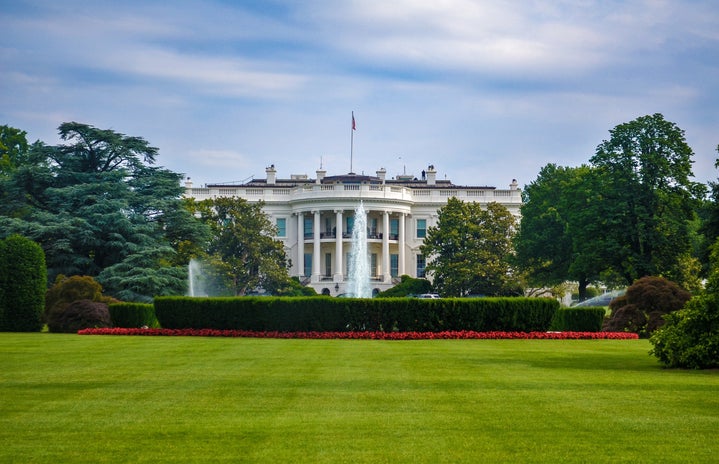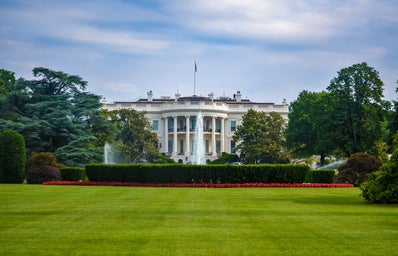Recently, I attended a debate on the legal foundations and ethical considerations surrounding President Trump’s infamous travel ban, now in its third iteration. Hosted by Rice University’s chapter of The Federalist Society – a legal organization comprised of conservatives and libertarians – the debate featured a pro and a con speaker, the former being from The Heritage Foundation, and the latter from South Texas College of Law. Knowing I potentially wanted to write a piece on the arguments made for and against the travel ban, I hoped some light would be shed on the reasons so many of my fellow Americans genuinely support this path embarked upon by Trump in the name of “national security.”
Admittedly, nothing said by the representative of The Heritage Foundation was likely to alter my stance on the matter – I entered the event firmly opposed to Trump’s travel ban, and left perhaps even more opposed. However, I did expect both sides to make concessions. Moreover, I did not expect that speaking on behalf of the travel ban would effectively amount to a testimony on behalf of Donald Trump’s character. The experience in its entirety reaffirmed my belief in the importance of maintaining a media that is able to hold the president to account, regardless of who occupies the office of the presidency – an ability that has been continuously threatened by the “fake news” era we currently inhabit.
To be sure, the antagonism between president and press did not begin with Trump, nor will it end with him. Though the president needs the press and the press needs the president, the interests of each are fundamentally different. The First Amendment endows the media with considerable license to pursue negative stories and secret information, which has unsurprisingly resulted in a certain intrinsic degree of friction with the presidency and its occupants. However, Donald Trump has undoubtedly escalated this hostility to a level beyond that experienced during the tenures of previous commanders-in-chief. Notably, Trump does not merely dispute the occasionally invasive tactics of the press; rather, time and time again, he questions their legitimacy as purveyors of factual information, instead designating himself as the sole architect of his presidential narrative.
Naturally, all presidents strive to exercise some control over how they are depicted in the media. Indeed, the White House itself comes equipped with a fairly large communications apparatus, an institutional feature that endures beyond the scope of individual presidencies. Traditionally, the White House communications team has sought to reconcile the narrative it wishes to project with those narratives broadcast by news outlets, hoping to successfully construe the facts in a manner favorable to the president. Under the Trump administration, however, the media’s account of events is not simply accommodated via some impressive mental gymnastics. Instead, any version of reality that does not align with the presidential ideal Donald Trump aspires to emulate is abruptly dismissed as the “fake” manifestation of partisan prejudice – the press is inherently liberal, and will therefore endeavor to discredit Trump by whatever means necessary.
So, in a framework that depends upon a press perceived as irredeemably beholden to the liberal agenda, who exactly is tasked with holding President Trump accountable for his deeds? Well, though leaks from within the White House have certainly taken on increased importance during Trump’s presidency, the fact remains that Donald Trump and his various presidential surrogates (e.g. Sean Spicer, Sarah Huckabee Sanders) have gleefully constructed a discourse insulated from the ugly truths of reality. And, when forced to confront those facts at odds with his own painstakingly assembled yet exceedingly fragile narrative, Trump consistently privileges his version of the truth, even when in doing so he only serves to draw greater attention to the blinders knowingly donned by those in his administration. Somehow, a billionaire who occupies what is arguably the most powerful (and therefore perhaps the most corrupting) position in the world has cast himself as the exclusive arbiter of morality and objectivity, allowing him to avoid addressing the content of claims made against him by instead repudiating the credibility of their source out of hand.


